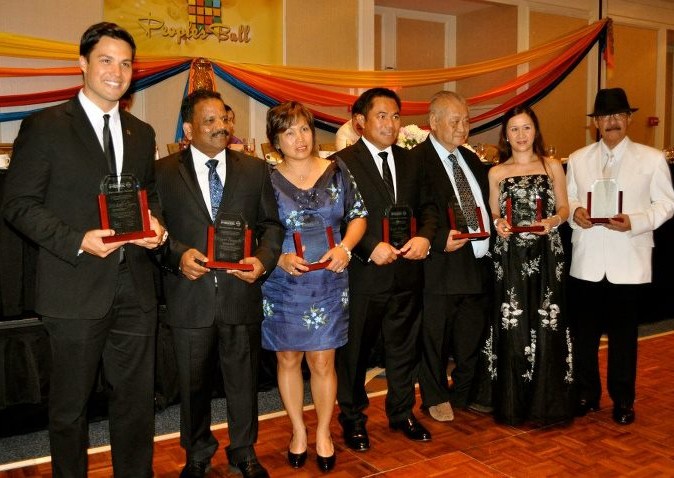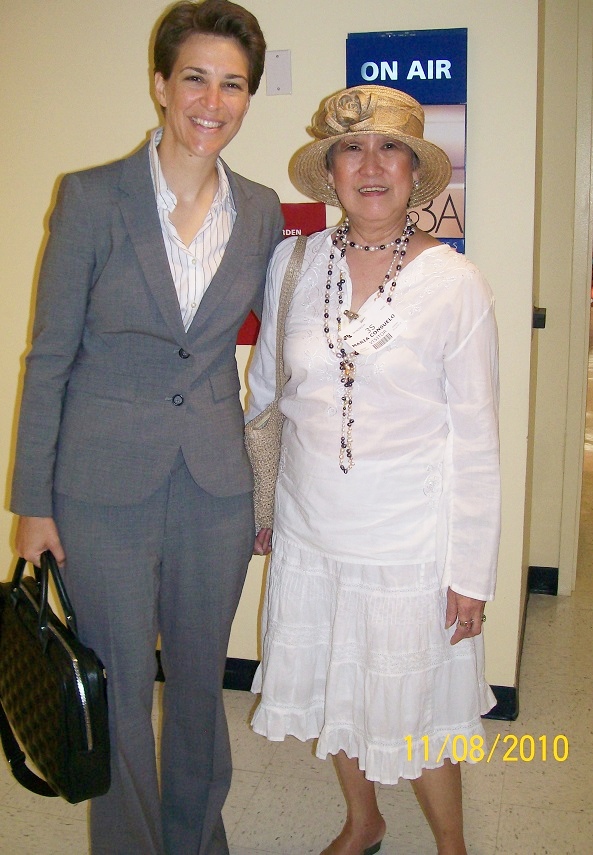EEOC rules in favor of Tagalog-speaking nurses
By Maricar CP Hampton
Four Baltimore nurses, dismissed in 2010 for speaking in Tagalog, won the anti-discrimination case they filed against their employer, the Bon Secours Health System, their lawyer said.
“This is a great victory, a landmark case for immigrants and cultural diversity,” said legal counsel Arnedo Valera of Migrant Heritage Commission (MHC) in welcoming the decision.
“In its August 16, 2011 determination, U.S. Equal Employment Opportunity Commission Director Gerald Kiel said he found reasonable cause that the Bon Secours Health System subjected Yap and her colleagues to unequal terms and conditions of employment, a hostile work environment, disciplinary action and discharge because of their national origins (Filipino) in violation of Title VII of the Civil Rights Act of 1964 as amended,” reports the Migrant Heritage Chronicle, a publication of the Migrant Heritage Commission, whose lawyers provided assistance to the nurses.
“The EEOC likewise determined that the aforementioned violations constitute an unlawful pattern of practice of discrimination because of national origin in violation of the Civil Rights Act, the MHC report continued.
Nurses Hazel Granada, Hachelle Natano, Anna Rosales and Corina Yap said they were happy over the decision, and were vindicated by the EEOC ruling. Yap expressed gratitude to the lawyers who stood by them during the entire process of seeking justice against their employer.
The nurses accused Bon Secours Health System of illegally terminating them without “due process” because they spoke in Tagalog while at work, a violation of hospital policy.
The Bon Secours hospital has imposed an English-only rule stating that English is the principal language of customers and must be the exclusive language spoken and written by all employees while on duty in the emergency department.
The nurses said they always spoke English at work, and only spoke Tagalog to one another during break time.
“What Bon Secours did was engage in an unlawful discriminatory employment practice to terminate these nurses based solely on that rule or policy in the emergency department,” Valera said.
He added that based on the nurses’ claim of speaking in Tagalog during their break time, the English-only rule “has no relationship with the performance of duties because all those utterance were done during their break time and were harmless remarks,” he added.
Kiel said the way the English-only rule was applied to the Filipino nurses “constitutes unlawful discrimination.”
The English-only rule in the work place has nothing to do with one’s performance and is very discriminatory, said Valera.
“Everyone has the right to speak their own native language whenever they want or need to so long as they do not compromise or put their patients in danger,” he explained.
The EEOC is now urging Bon Secours hospital to settle with the nurses.
“The commission now invites the parties to join with it in reaching a just resolution of this matter,” Kiel said.
If no settlement is reached the nurses will likely file a damage suit against the hospital, said Valera.
“If the commission grants the nurses the right to sue, they will file a discrimination case against the hospital before the district court and seek for punitive damages of up to $500,000 for all the four nurses,” Valera said in an earlier interview.
Maricar CP Hampton is a freelance journalist. She was awarded a 2010 New America Media fellowship on Ethnic Elders and Caregiving.











Interesting site you have here. Informative too. This is a victory for us nurses.